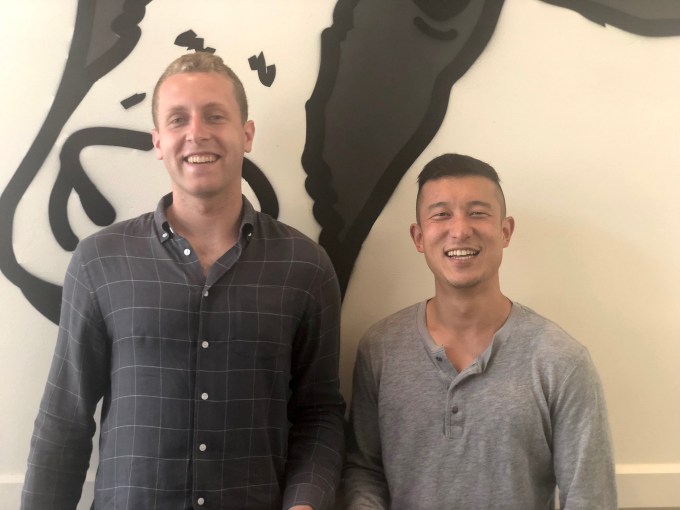Cytera CellWorks aims to bring cell culture automation to your dinner plate
Cytera CellWorks aims to bring cell culture automation to your dinner plate http://nexstepjobs.com/wp-content/themes/corpus/images/empty/thumbnail.jpg 150 150 Sarah Buhr http://2.gravatar.com/avatar/2cdb93e35e780352dd6a61f8aa516c71?s=96&d=mm&r=gCytera CellWorks hopes to revolutionize the so-called “clean meat” industry through the automation of cell cultures — and that could mean one day, if all goes to plan, the company’s products could be in every grocery store in America.
Cytera is a ways off from that happening, though. Founded in 2017 by two college students in the U.K., Ignacio Willats and Ali Afshar, Cytera uses robotic automation to configure cell cultures used in things like growing turkey meat from a petri dish or testing stem cells.
The two founders — Willats, the events and startups guy and Afshar the scientist, like to do things differently to better configure the lab, as well — like strapping GoPros to lab workers’ heads, for instance. The two came together at the Imperial College of London to run an event for automation in the lab and from there formed their friendship and their company.
“At the time, lab automation felt suboptimal,” Afshar told TechCrunch, further explaining he wanted to do something with a higher impact.
Cellular agriculture, or growing animal cells in a lab, seems to hit that button and the two are currently enrolled in Y Combinator’s Summer 2018 cohort to help them get to the next step.
There’s been an explosion in the lab-made meat industry, which relies on taking a biopsy of animal cells and then growing them in a lab to make the meat versus getting it from an actual living, breathing animal. In just the last couple of years startups like Memphis Meats have started to pop up, offering lab meat to restaurants. Even the company known for its vegan mayo products, Hampton Creek (now called Just), is creating a lab-grown foie gras.
Originally, the company was going to go for general automation in the lab, but had enough interest from clients and potential business in just the cell culture automation aspect they changed the name for clarity. Cytera already has some promising prospects, too, including a leading gene therapy company the two couldn’t name just yet.
Of course, automation in the lab is nothing new and big pharma has already poured billions into it for drug discovery. One could imagine a giant pharma company teaming up with a meat company looking to get into the lab-made meat industry and doing something similar, but so far Willats and Afshar says they haven’t really seen that happening. They say bigger companies are much more likely to partner with smaller startups like theirs to get the job done.
Obviously, there are trade-offs at either end. But, should Cytera make it, you may find yourself eating a chicken breast one day built by a company who bought the cells made in the Cytera lab.

